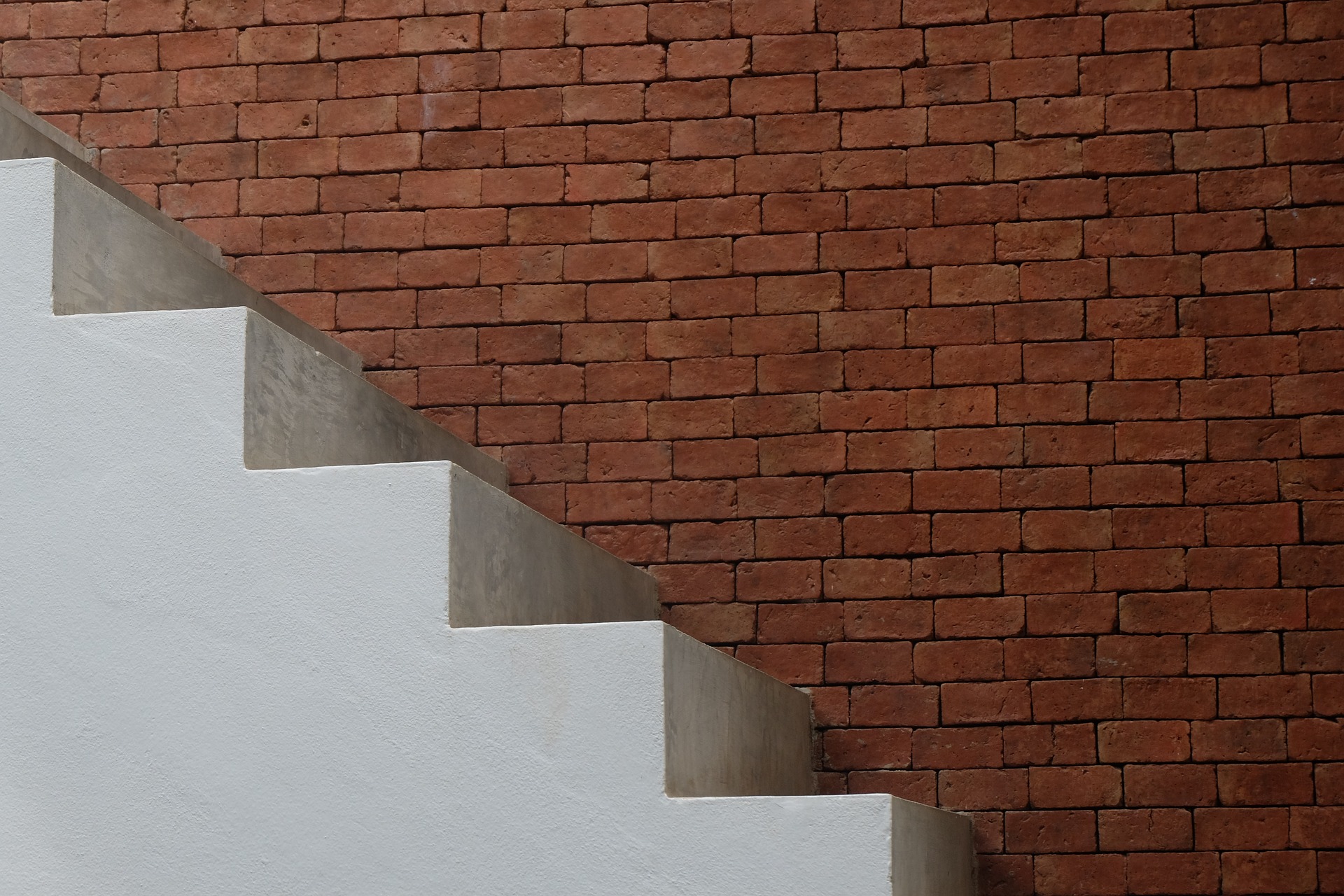Many home-buyers want to buy a house with a basement suite, or consider renovating to add a second suite to their existing property. Renting out a separate basement suite can be a great way to cover a portion of your mortgage. However, prospective landlords should ensure that any prospective basement suite or other rental space meets the requirements of the Building and Fire Code, the Planning Act and local by-laws.
Important questions for prospective basement suite owners
There are some important questions that need to be asked before you decide to buy a home with a basement suite, or renovate your current property to include a secondary rental unit.
Do the local bylaws allow a basement suite?
Planning Act amendments in the 1990s allowed secondary suites to be located in basements in private dwelling units/homes. However, local zoning-by-laws still regulate uses within a municipality and have rules related to parking, setbacks and other requirements.
In addition, some municipalities, especially cities with high university and college student populations, have instituted licencing by-laws under the Municipal Act, 2001 that requires landlords to obtain a licence for rental suites, including basement suites. Municipalities require inspections and certificates from the fire department, local electrical authority and clearances from the City’s property standards, building and by-law enforcement offices.
Does the unit comply with the Building Code and Fire Code?
Basement suites that have been added after the house has been constructed will generally require a building permit under the Building Code (obtained from the local municipal building department). A landlord’s first enquiry to determine the legality of a basement suite should be at the building department to determine if a permit was issued, inspections completed, occupancy certificate issued and whether or not there are any outstanding orders.
The Building Code requirements for basement suites include separate exiting requirements, fire separation between the basement suite and main residential unit including fire stopping of heating ducts and plumbing, requirements for size and opening of bedroom windows and smoke detection equipment. There are other requirements under the Building Code that your local inspector can advise of.
The Fire Code also has additional requirements that apply to basement suites. These may include upgrade requirements for smoke and carbon monoxide detection, kitchen facilities and exiting.
Are there other by-laws or requirements?
There are Electrical Code requirements including permits and inspections for any electrical work on basement suites. There may be other requirements depending on the types of appliances in the basement suite, the size of the unit and other considerations.
Kitchener-Waterloo real estate lawyers for home-buyers and landlords
Your real estate agent may not be able to provide you with the best information about these complicated legal issues. The potential costs of having a non-compliant basement suite are very high, so before you make an offer on a property, it is important to review these questions with a lawyer that has experience handling compliance issues for secondary and basement suites.
The Real Estate and Municipal Planning Teams at Duncan Linton work closely with our clients to minimize risk, and can help you identify, and resolve, potential legal issues. To make an appointment with a member of our team, you can contact us online, or call 519-886-3340.

